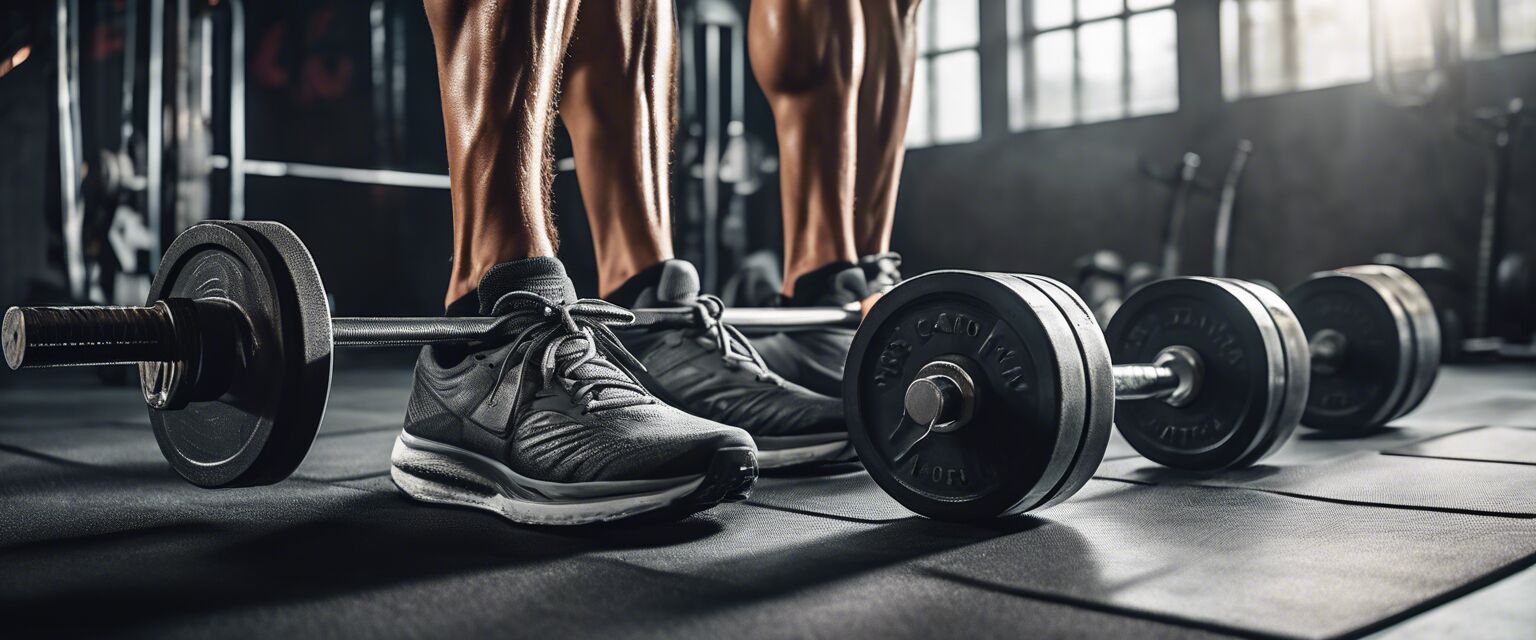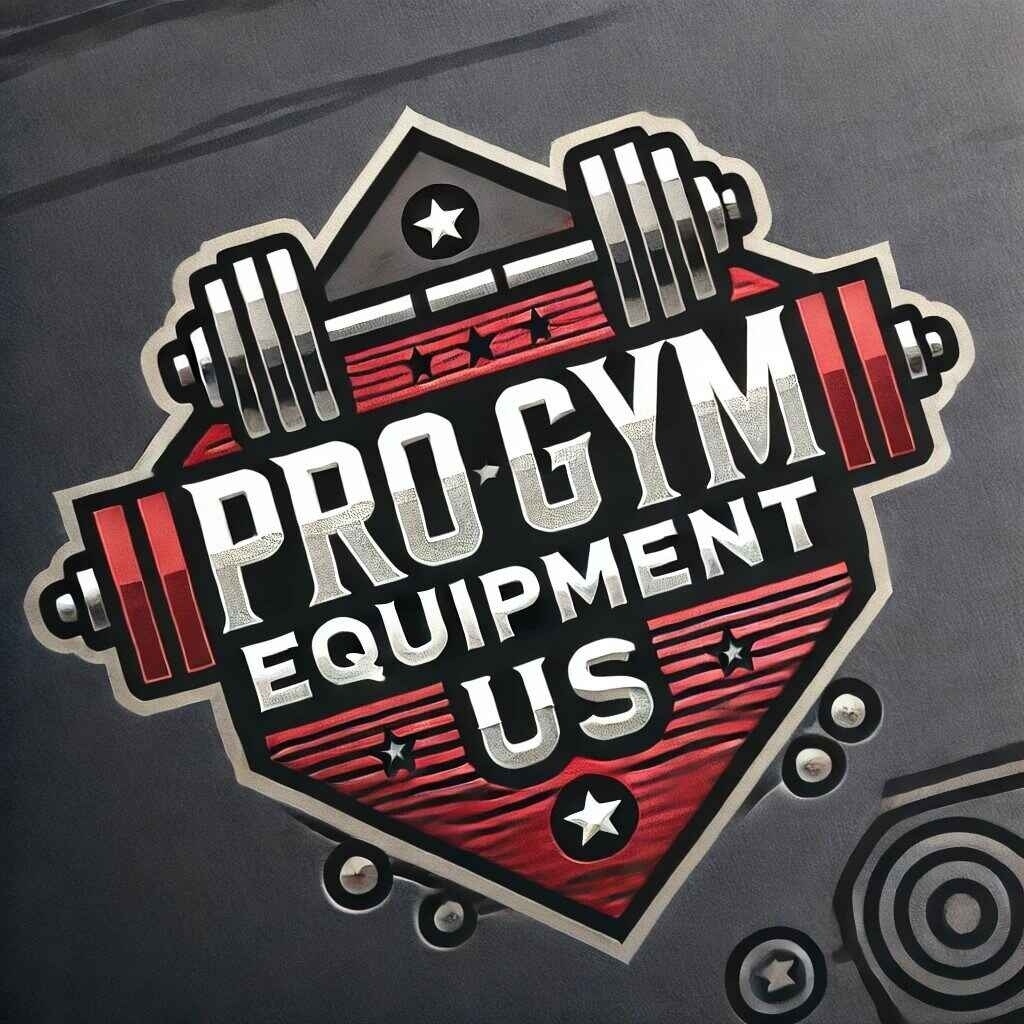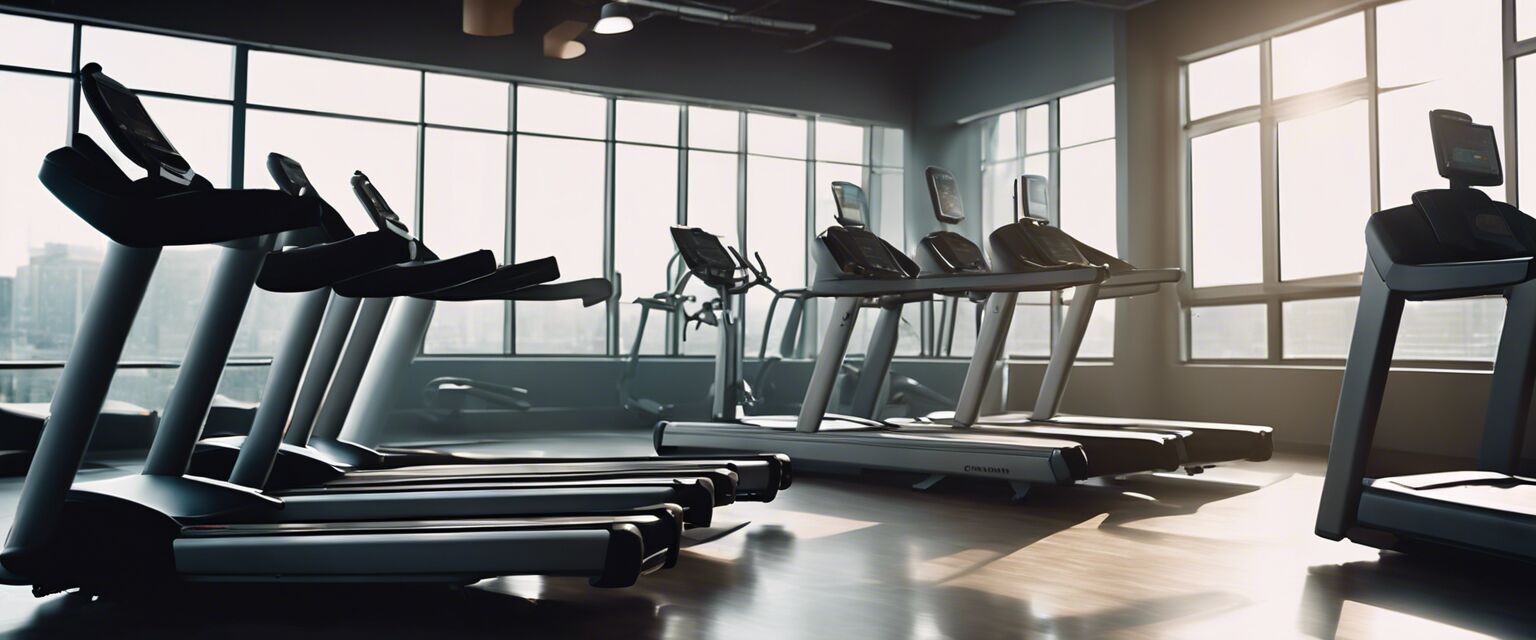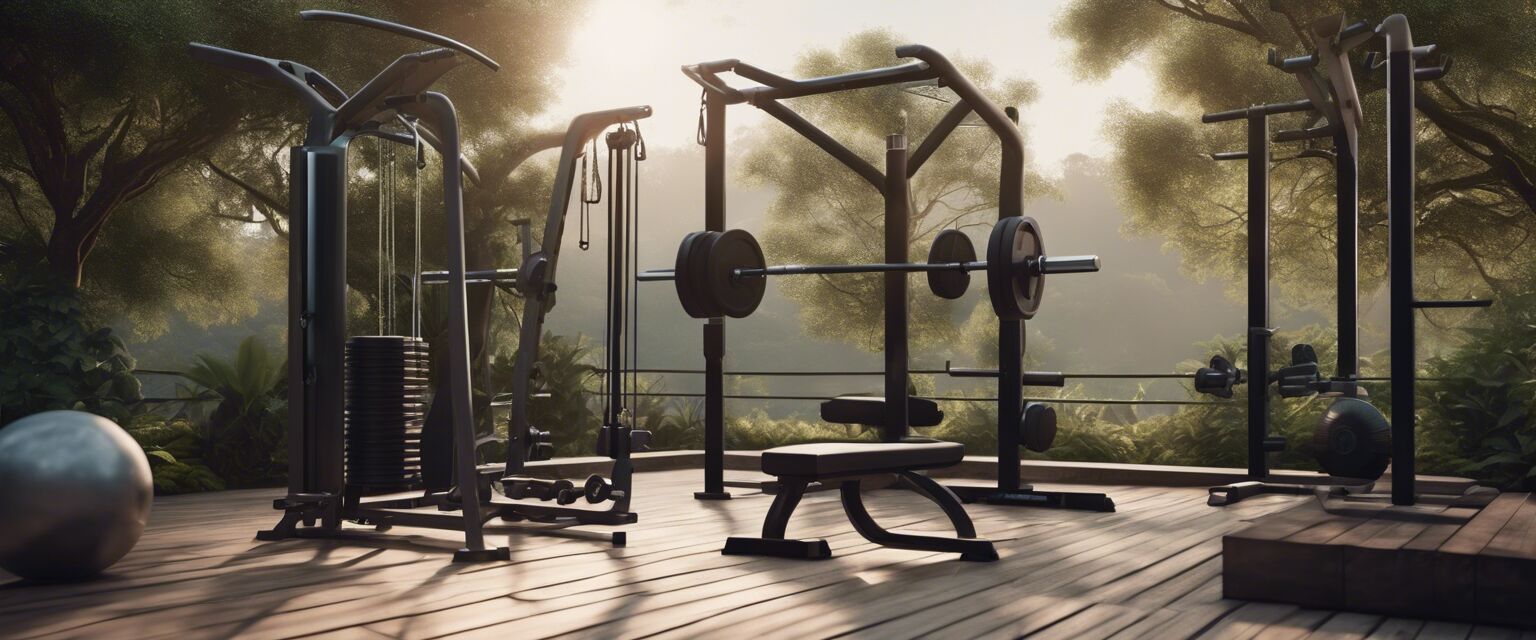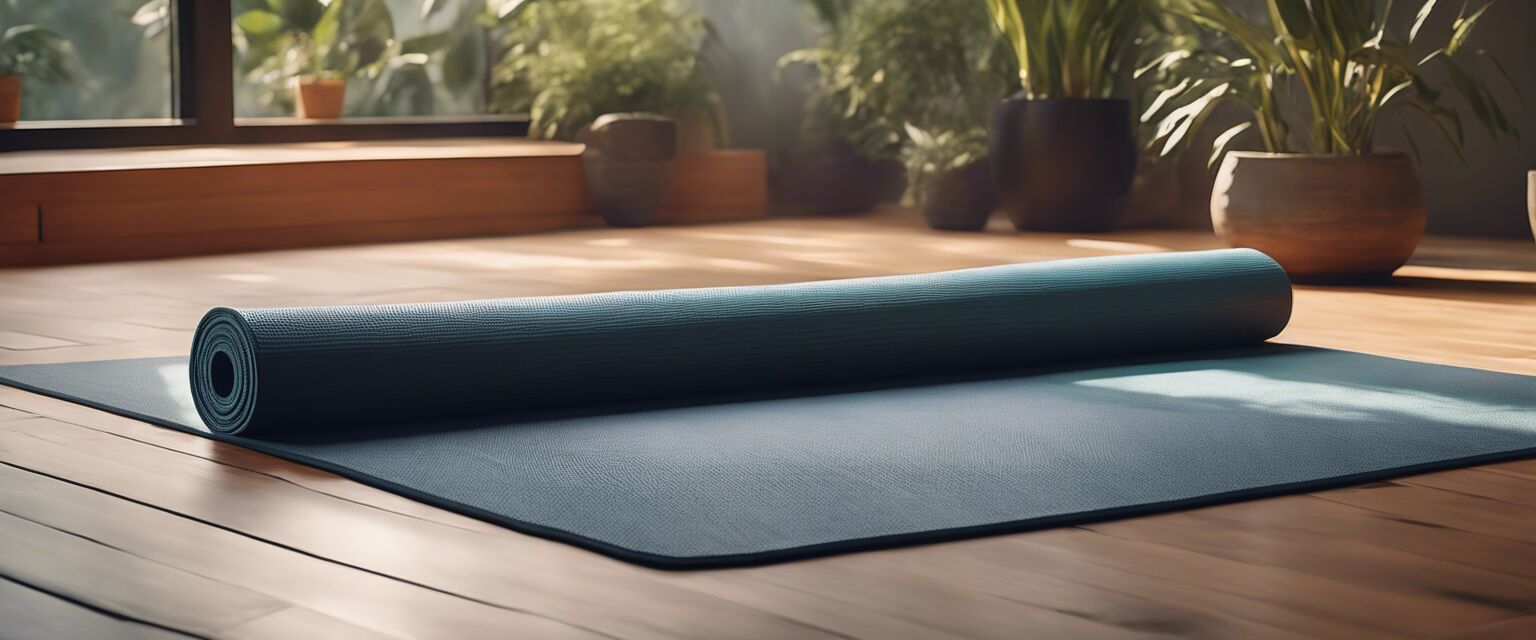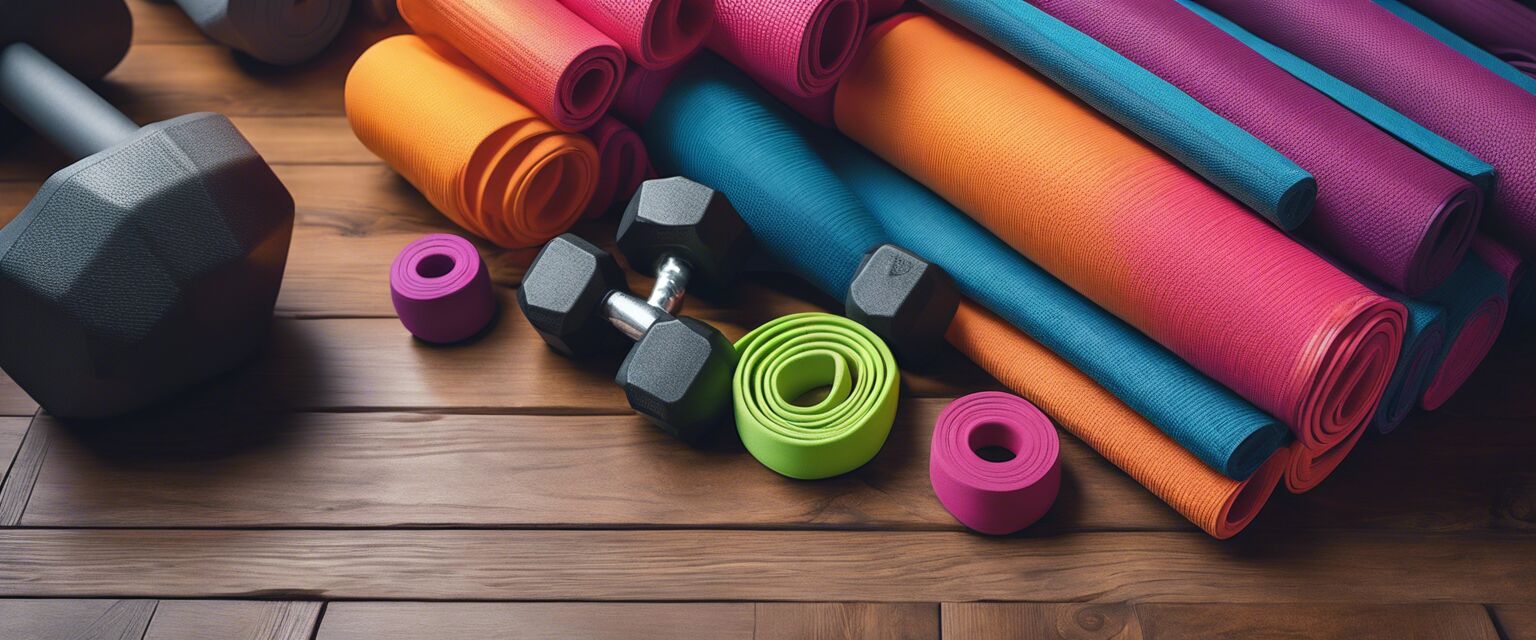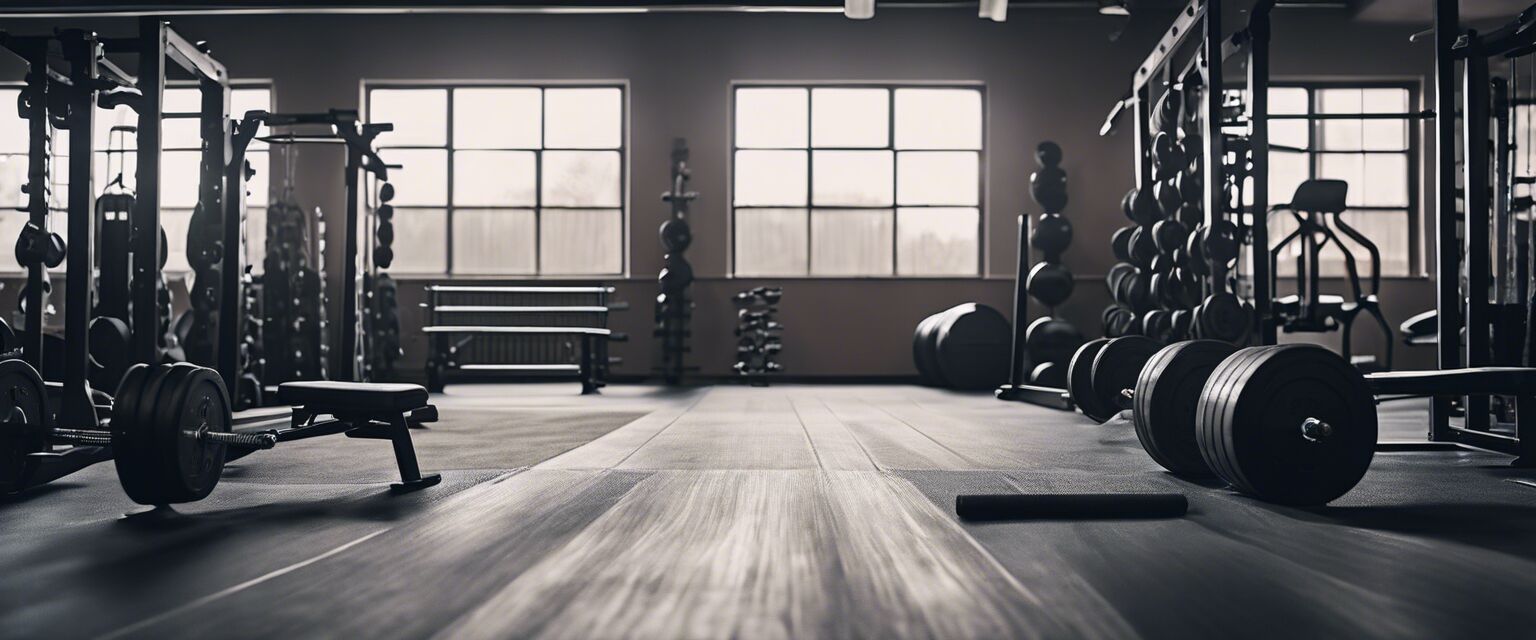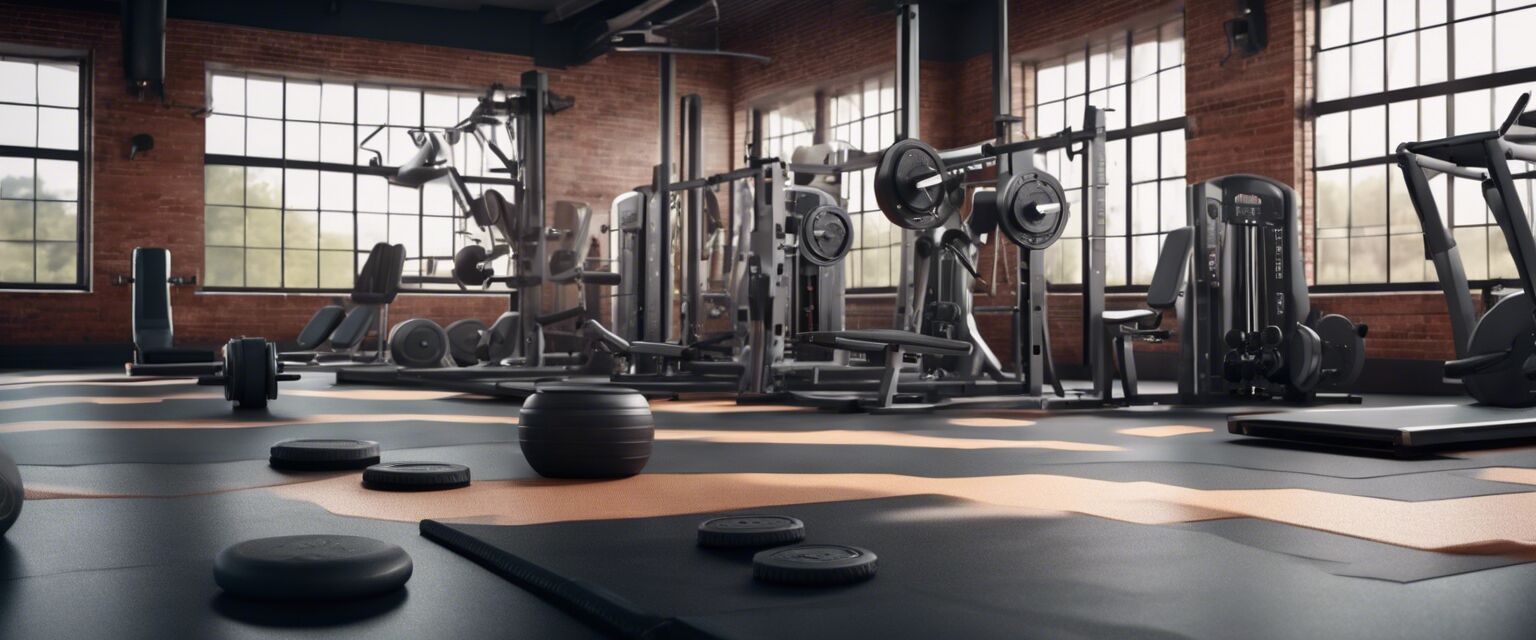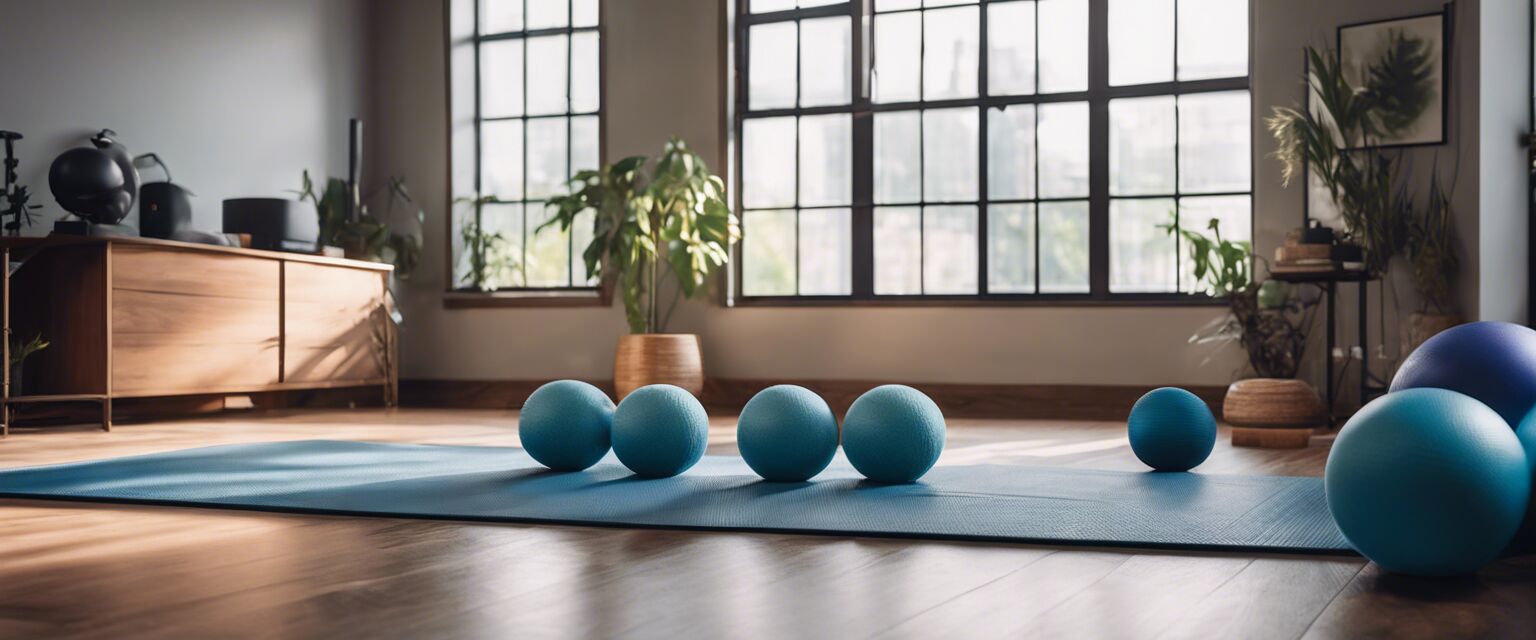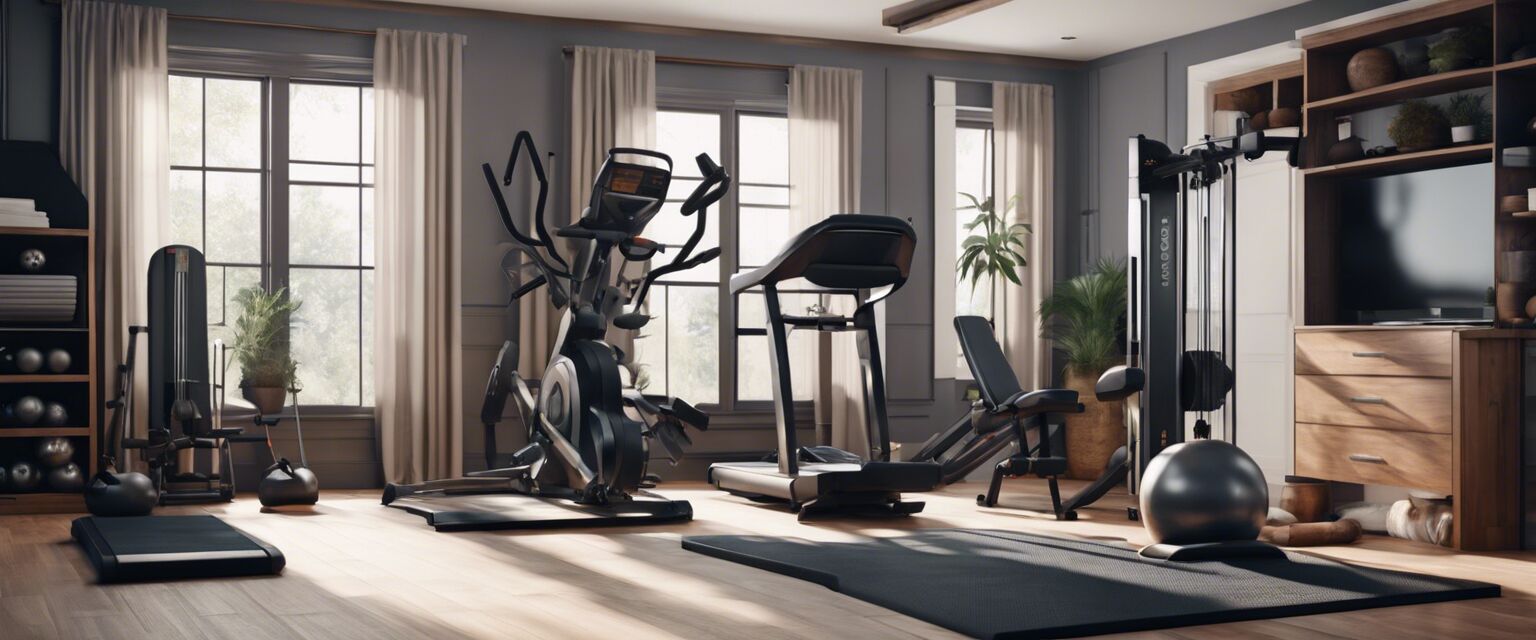
Home Gym Equipment
Key Takeaways
- Choosing the right equipment for your home gym can optimize workouts.
- Consider available space and the types of exercise you plan to do.
- Investing in versatile, high-quality equipment pays off in the long run.
- Create a balanced workout routine with both strength and cardio training.
- Don’t forget recovery tools to enhance your fitness journey.
Setting up a home gym can be an exciting yet overwhelming venture. With the right equipment, you can create a workout sanctuary that provides convenience and versatility. In this article, we will guide you through essential equipment choices, tips for maximizing your space, and how to create a balanced workout routine.
Types of Home Gym Equipment
When setting up your home gym, there are several categories of equipment to consider:
| Equipment Type | Examples | Benefits |
|---|---|---|
| Cardio Machines | Treadmills, stationary bikes, rowing machines | Improves cardiovascular health, burns calories |
| Strength Training Equipment | Dumbbells, resistance bands, kettlebells | Builds muscle, increases strength |
| Compact Home Gym Solutions | Multi-gym machines, adjustable benches | Space-saving, versatile workout options |
| Recovery Tools | Foam rollers, massage balls | Aids in recovery, enhances flexibility |
| Yoga & Pilates Gear | Yoga mats, stability balls | Improves flexibility, promotes mindfulness |
Choosing the Right Equipment for Your Space
Your home gym's success is significantly affected by how well you choose and arrange your equipment. Here are some tips to guide your selection:
Tips for Beginners
- Measure your space before buying equipment to avoid overcrowding.
- Prioritize multifunctional equipment that serves various purposes.
- Start with basic equipment and gradually expand as you develop your workout routine.
- Consider your fitness goals and choose equipment that aligns with them.
Equipment Recommendations Based on Fitness Goals
For Weight Loss
If your goal is weight loss, consider investing in cardio machines and strength training equipment. Below are suggested additions to your gym:
- Treadmill: Great for a versatile cardio workout.
- Dumbbells: Useful for strength training with numerous exercises.
- Resistance Bands: Perfect for high-intensity workouts to burn calories.
For Muscle Gain
Incorporating heavier weights and more intense workouts will help build muscle. Check out these recommendations:
- Kettlebells: Ideal for strength and functional training.
- Weight Bench: Great for various lifting exercises.
For Overall Wellness
Consider adding tools that promote flexibility and recovery:
- Yoga Mat: Essential for stretching and yoga sessions.
- Foam Roller: Perfect for muscle relaxation and recovery.
- Stability Ball: Utilized for stability and core workouts.
How to Maximize Your Workout Efficiency
Creating a balanced workout regimen is vital. Here are effective strategies:
- Plan a Weekly Workout Schedule: Allocate days for strength training, cardio, and rest.
- Stay Hydrated: Keep water accessible during workouts for optimal performance.
- Set Goals: Clearly define your fitness goals and track your progress.
- Keep Your Space Motivating: Arrange equipment to keep your space inviting and inspirational.
- Incorporate Variety: Mix different workouts (free weights, machines, and cardio) to maintain interest.
Pros and Cons of Home Gym Equipment
Pros
- Convenience of working out at home.
- Freedom to workout on your schedule.
- Potential for long-term cost savings compared to a gym membership.
- Ability to tailor equipment to fit your fitness needs.
Cons
- Upfront cost can be high for quality equipment.
- Space limitations may restrict the type of equipment.
- Lack of social interaction compared to a gym setting.
- Requires self-discipline to maintain a consistent workout regimen.
Creating a Motivating Home Gym Environment
A well-designed home gym can be highly motivating. Here are aspects to consider:
- Lighting: Ensure your space has adequate lighting to keep it bright and energetic.
- Music: Create a workout playlist that keeps you energized.
- Decor: Add motivational quotes, colors, or your desired aesthetic to uplift your gym experience.
Common Mistakes to Avoid
When building your home gym, be aware of common pitfalls:
- Buying impulse equipment that won’t be used.
- Neglecting maintenance of your equipment.
- Focusing solely on one type of exercise.
- Not mapping out a workout plan.
Additional Resources
For more information on specific types of equipment and how to enhance your home gym, explore our related pages:
- Cardio Machines
- Compact Home Gym Solutions
- Home Gym Essentials
- Recovery and Wellness Tools
- Strength Training Equipment
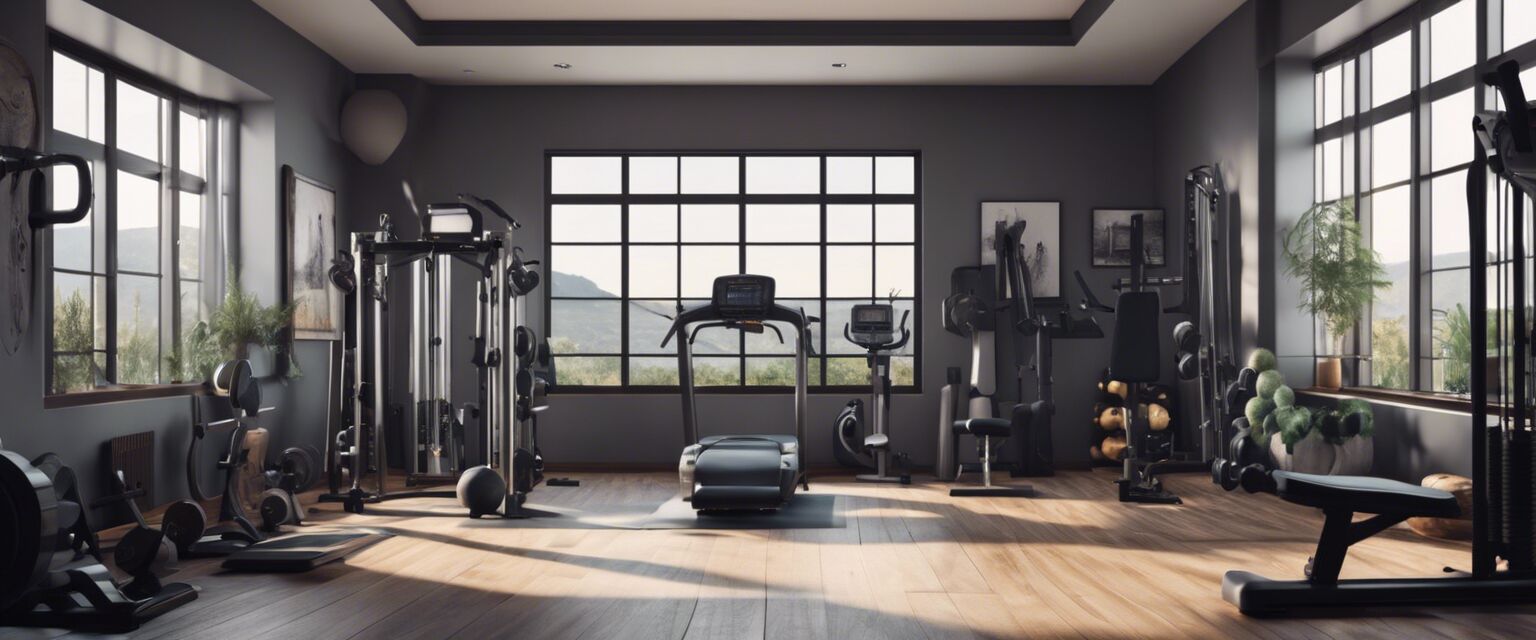
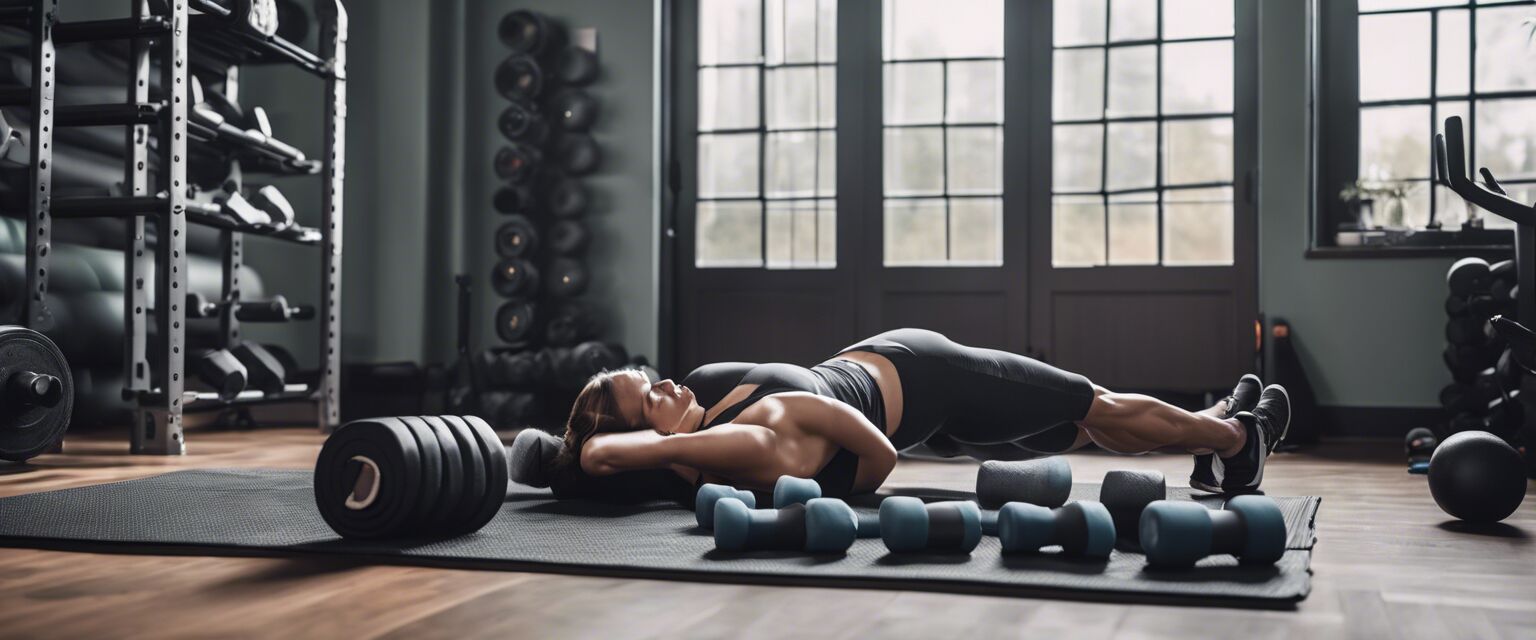
Conclusion
Building a home gym equips you with the flexibility to work toward your health and fitness goals in a convenient environment. By selecting the right equipment and creating a motivating space, you can enjoy an effective workout regime tailored to your lifestyle. Remember that starting small and gradually expanding as you grow in your fitness journey is essential. Now, get ready to create a home gym that energizes you!
